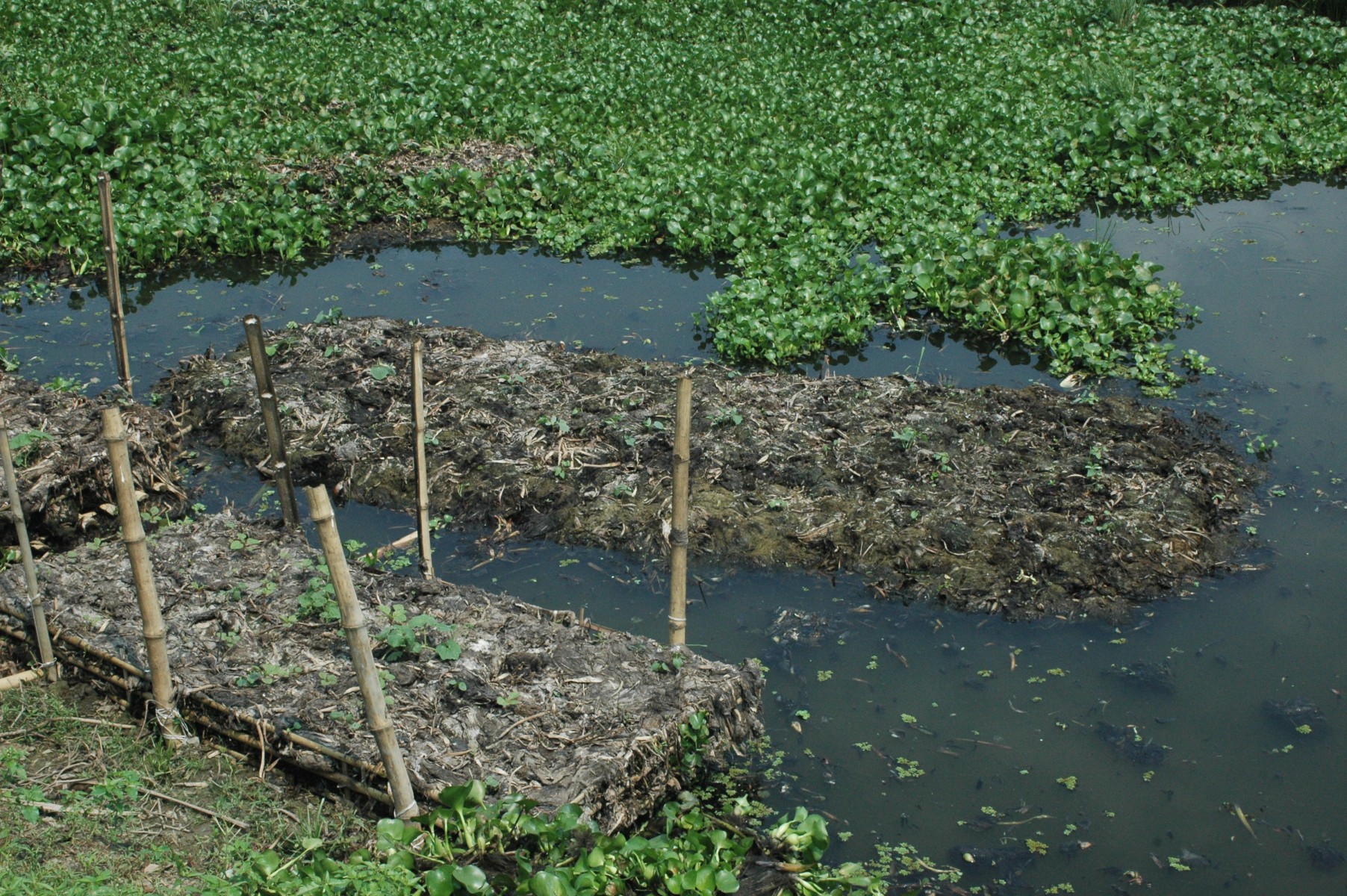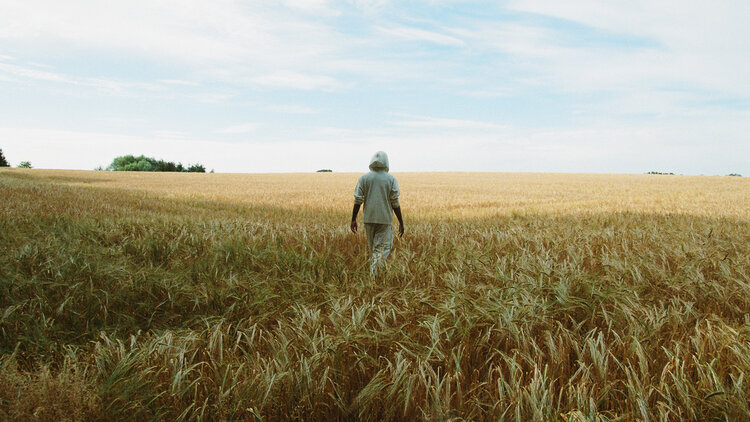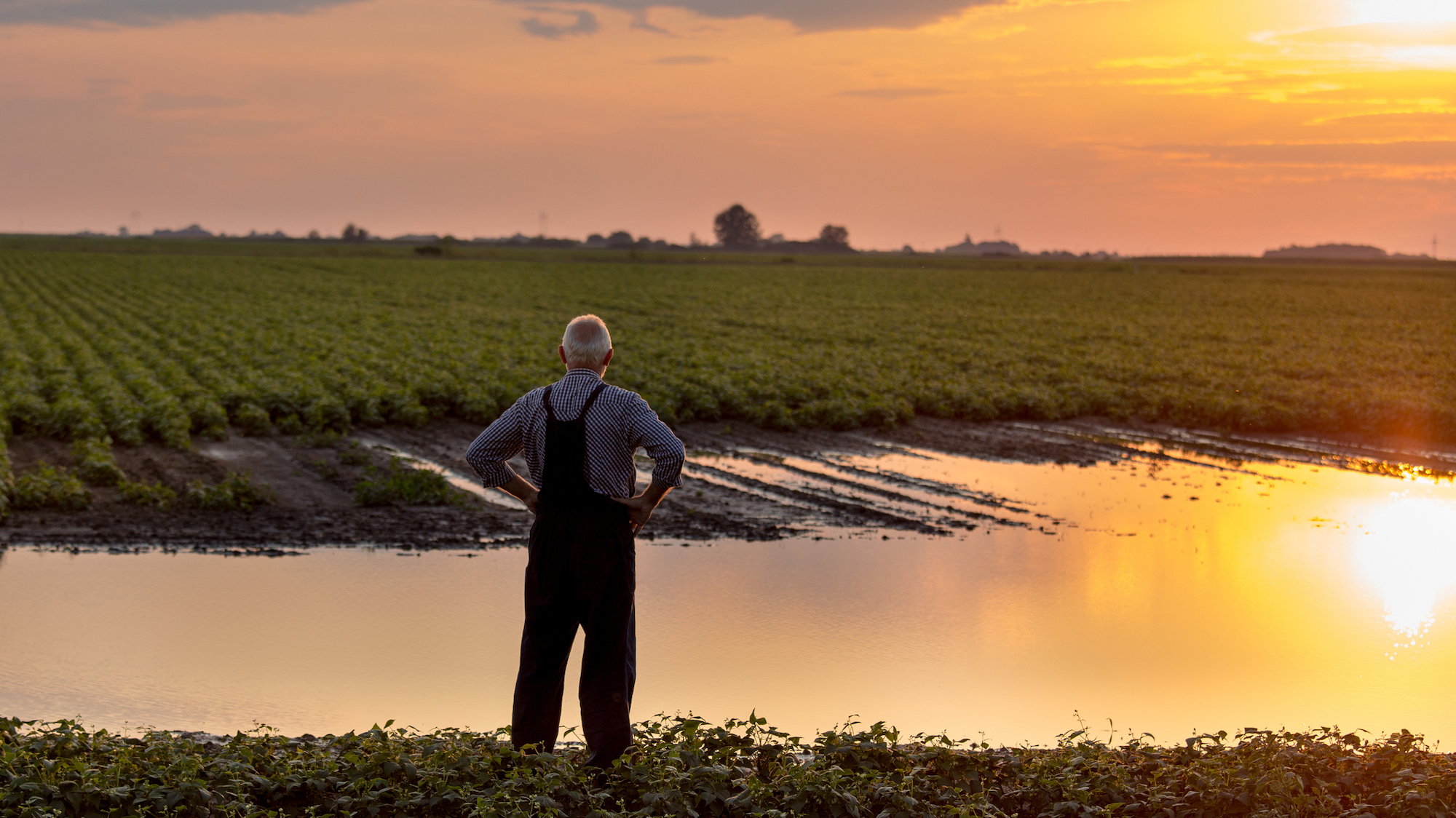Top news of the week: 07.04.2021.
Food
Are Floating Gardens a Sustainable Solution to Climate Change?
For nearly 400 years, farmers in the southern floodplains of Bangladesh have relied on floating gardens to grow vegetables. Using a method of cultivation called dhap, or known locally as ...
Five innovations of 2021 that are set to change the world
Bold, breakout thinking has always been at the core of the Virgin brand. Now more than ever before we are living in an age of innovation. Everything around us is changing so quickly.
Bill Gates is the biggest private owner of farmland in the United States. Why?
Gates has been buying land like it’s going out of style. He now owns more farmland than my entire Native American nation
The “Future of Food” is a meme that is thrown around so much it’s almost become meaningless.
An entire industry has grown around the “future of food.” Looking forward, however, the future just might be found in the past. Designer Yasaman Sheri and chef David Zilber investigate.
Biden’s Big Jobs Plan Is Really a Climate Bill. But It Left Out Farming.
There's no slowing climate change without reforming the way we grow food.
First-of-its-kind study shows carbon emissions across the entire food production and supply chain
As the biggest source, land-based emissions are the most obvious candidate for mitigation—followed by others like refrigeration and plastic packaging
Rare photos reveal U.K.’s disappearing ‘whispering’ bats
As meadows vanish, so too do gray big-eared bats, a species so elusive that few photographs of it exist.
With Regenerative Agriculture Booming, the Question of Pesticide Use Looms Large
Regenerative practitioners say that healthy soil eventually leads to reducing synthetic chemicals. But some advocates say those chemicals have damaging effects and should be addressed.







